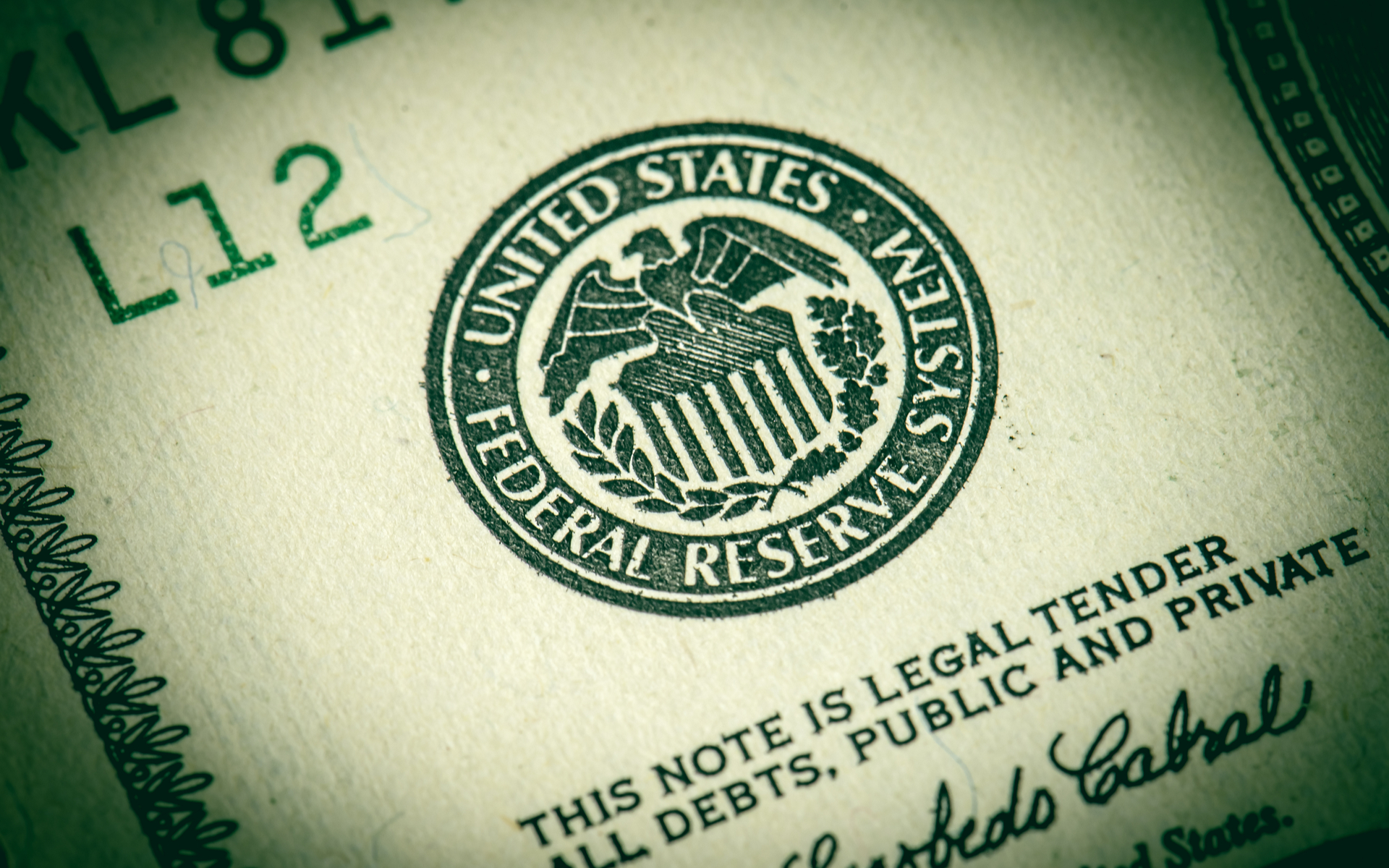PALO ALTO, Calif. (Reuters) - The Federal Reserve is looking at a broad variety of problems around digital payments and currencies, consisting of policy, style and legal factors to consider around potentially releasing its own digital currency, Guv Lael Brainard stated on Wednesday. Brainard's remarks recommend more openness to the possibility of a Fed-issued digital coin than in the past." By changing payments, digitalization has the possible to provide greater worth and convenience at lower expense," Brainard said at a conference on payments at the Stanford Graduate School what is fed coin of Business.
Central banks worldwide are disputing how to manage digital financing technology and the distributed journal systems used by bitcoin, which guarantees near-instantaneous payment at potentially low expense. The Fed is establishing its own day-and-night real-time payments and settlement service and is currently evaluating 200 comment letters sent late last year about the suggested service's design and scope, Brainard said.
Less than 2 years ago Brainard informed a conference in San Francisco that there is "no engaging showed need" for such a coin. But that was before the scope of Facebook's digital currency ambitions were commonly known. Fed authorities, including Brainard, have actually raised issues about customer defenses and data and personal privacy threats that could be presented by a currency that might enter usage by the 3rd of the world's population that have Facebook accounts.

" We are collaborating with other central banks as we advance our understanding of reserve bank digital currencies," she said. With more countries checking out releasing their own digital currencies, Brainard said, that adds to "a set of reasons to likewise be making sure that we are that frontier of both research and policy development." In the United States, Brainard stated, problems that need research study consist of whether a digital currency would make the payments system much safer or easier, and whether it might posture financial stability threats, including the possibility of bank runs if cash can be turned "with a single swipe" into the central bank's digital currency.
To counter the financial damage from America's unmatched national lockdown, the Federal Reserve has actually taken extraordinary steps, consisting of flooding the economy with dollars and investing straight in the economy. Most of these relocations received grudging approval even from numerous Fed doubters, as they saw this stimulus as needed and something just the Fed could do.
My brand-new CEI report, "Government-Run Payment Systems Are Risky at Any Speed: The Case Versus Fedcoin and FedNow," information the threats of the Fed's current strategies for its FedNow real-time payment system, and proposals for main bank-issued cryptocurrency that have been called Fedcoin or the "digital dollar." In my report, I go over issues about privacy, information security, currency manipulation, and crowding out private-sector competitors and innovation.
Proponents of fed coin stock FedNow and Fedcoin say the federal government needs to produce a system for Learn more payments to deposit instantly, instead of motivate such systems in the private sector by raising regulative barriers. However as kept in mind in the paper, the personal sector is offering a seemingly unlimited supply of payment innovations and digital currencies to fix the problemto the degree it is a problemof the time space in between when a payment is sent out and when it is gotten in a checking account.
And the examples of private-sector innovation in this area are many. The Cleaning Home, a bank-held cooperative that has been routing interbank payments in various kinds for more than 150 years, has actually been clearing real-time payments given that 2017. By the end of 2018 it was covering half of the deposit base in the U.S.